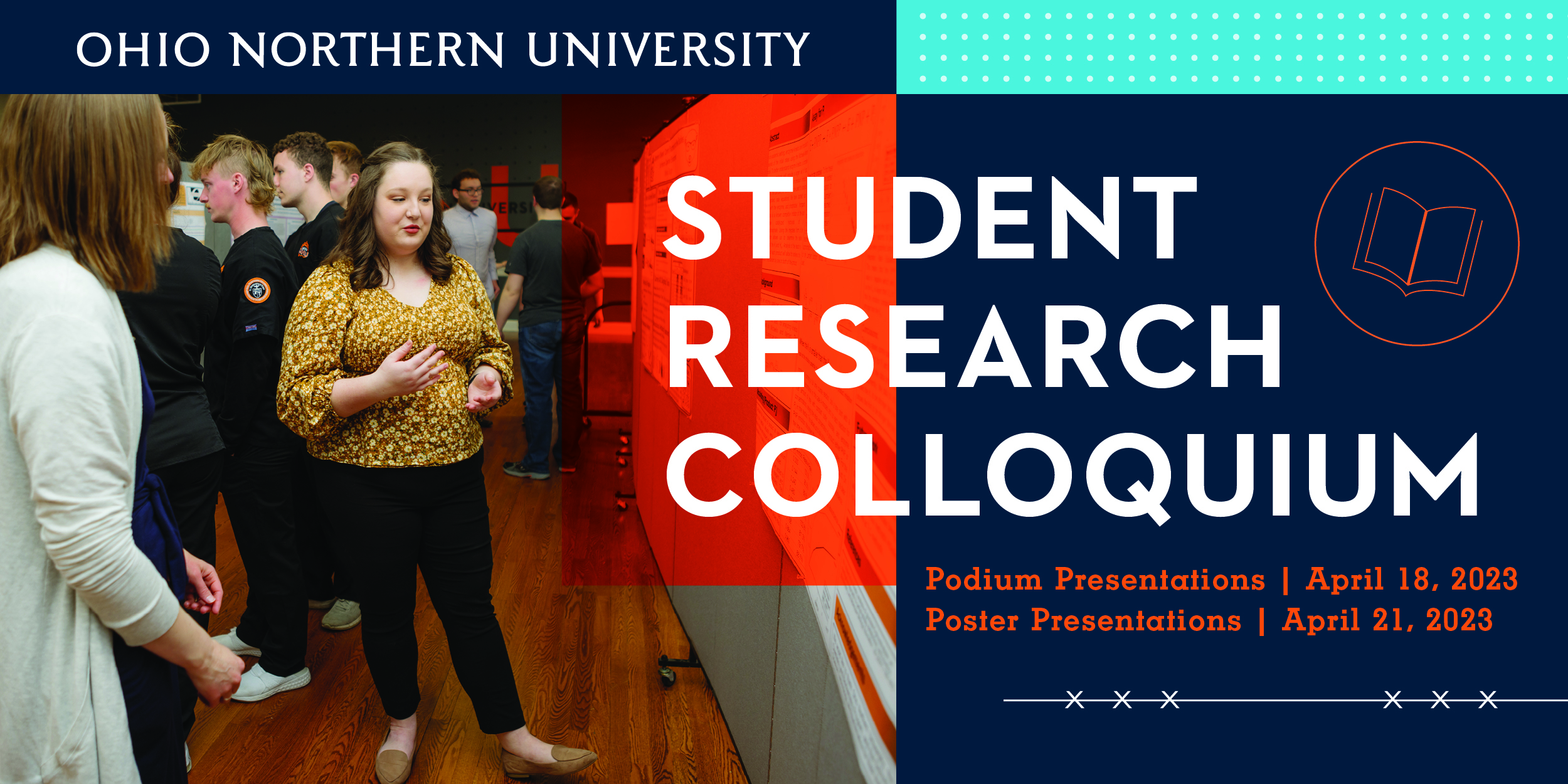Role of regulators of G-protein signaling proteins 2 and 4 in the rewarding effects of methamphetamine
Advisor(s)
Manoranjan S D'Souza
Confirmation
1
Document Type
Poster
Location
ONU McIntosh Center; McIntosh Activities Room
Start Date
21-4-2023 10:00 AM
End Date
21-4-2023 10:50 AM
Abstract
The illicit use and abuse of methamphetamine is increasing in the United States and all over the world. Unfortunately, currently there is no treatment for methamphetamine addiction. Hence, there is a need to identify novel targets for the treatment of methamphetamine addiction. Regulator of G protein-signaling (RGS) proteins are a family of more than 30 intracellular proteins that negatively modulate signaling pathways of G protein-coupled receptors (GPCRs). GPCRs play an important role in mediating the effects of neurotransmitters like dopamine, which in turn play an important role in mediating methamphetamine-induced rewarding effects. Interestingly, previous work published in our laboratory has shown that RGS2 and RGS4 differentially regulate the rewarding effects of cocaine. We previously reported that deletion of RGS4 attenuated cocaine-induced rewarding behavior in male, but not female mice compared to respective controls. However, deletion of RGS2 did not influence cocaine-induced rewarding behavior in either male or female mice compared to respective controls. However, it is not known if there are differences in expression of methamphetamine-induced rewarding behavior in male and female mice lacking either RGS2 or RGS4. This proposal will address this gap in knowledge. The data generated from the proposal will elucidate the role of the RGS proteins in methamphetamine-induced rewarding effects and provide novel targets for treatment of methamphetamine addiction. The data from the project is currently being analyzed.
Recommended Citation
Alsuhail, Faez H.; Seeley, Sarah; and D'Souza, Manoranjan S., "Role of regulators of G-protein signaling proteins 2 and 4 in the rewarding effects of methamphetamine" (2023). ONU Student Research Colloquium. 45.
https://digitalcommons.onu.edu/student_research_colloquium/2023/posters/45
Open Access
Available to all.
Role of regulators of G-protein signaling proteins 2 and 4 in the rewarding effects of methamphetamine
ONU McIntosh Center; McIntosh Activities Room
The illicit use and abuse of methamphetamine is increasing in the United States and all over the world. Unfortunately, currently there is no treatment for methamphetamine addiction. Hence, there is a need to identify novel targets for the treatment of methamphetamine addiction. Regulator of G protein-signaling (RGS) proteins are a family of more than 30 intracellular proteins that negatively modulate signaling pathways of G protein-coupled receptors (GPCRs). GPCRs play an important role in mediating the effects of neurotransmitters like dopamine, which in turn play an important role in mediating methamphetamine-induced rewarding effects. Interestingly, previous work published in our laboratory has shown that RGS2 and RGS4 differentially regulate the rewarding effects of cocaine. We previously reported that deletion of RGS4 attenuated cocaine-induced rewarding behavior in male, but not female mice compared to respective controls. However, deletion of RGS2 did not influence cocaine-induced rewarding behavior in either male or female mice compared to respective controls. However, it is not known if there are differences in expression of methamphetamine-induced rewarding behavior in male and female mice lacking either RGS2 or RGS4. This proposal will address this gap in knowledge. The data generated from the proposal will elucidate the role of the RGS proteins in methamphetamine-induced rewarding effects and provide novel targets for treatment of methamphetamine addiction. The data from the project is currently being analyzed.

